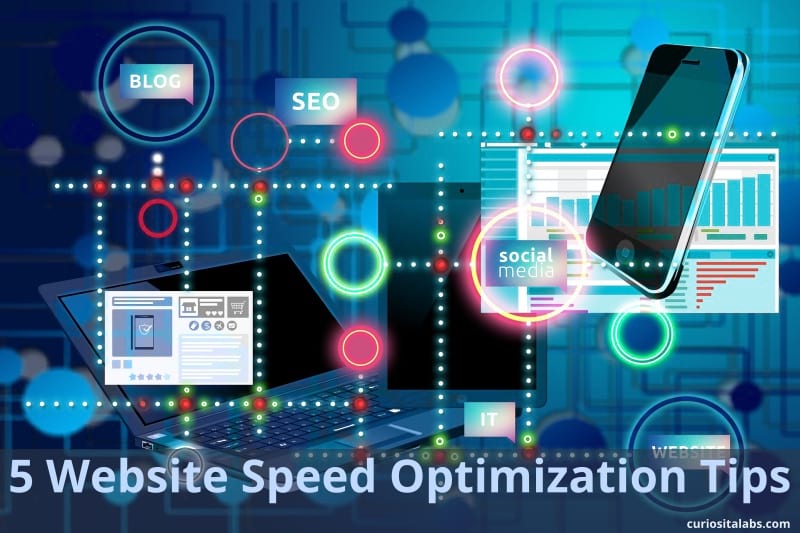Does your website load fast? A slow loading website can make a user decide to go somewhere else. Speed is important because slow websites can lose money and users. No one wants to wait until your website loads.

Photo by Gerd Altmann
Why is your site slow?
Many factors could be slowing your site down. The common ones are:
- Large image sizes
- Large CSS files
- Heavy use of JavaScript
- Old legacy code
- Too many plugins and/or widgets
- Server Issues
- Slow network connection especially on mobile
How slow is your website?
A website speed test can tell you how fast your site is. You can use tools like PageSpeed Insights by Google or Pingdom Website Speed Test. Both tools will give you insights into how slow your website is and what you can do to fix it.
When you get a report from these tools, you’ll see many metrics. Focus on these three metrics: Largest Contentful Paint, First Input Delay and Cumulative Layout Shift. Google calls them Core Web Vitals. Core Web Vitals measure the user experience — loading, interactivity and visual stability.
5 Website speed optimization tips to start with
What do you fix first? It depends. You’ll need to decide what affects the users the most.
1. Large image sizes
Large image sizes can drag down your website’s loading time. You can use a Website Image Analysis Tool to decide which images to handle first. Tools like ImageOptim can help to optimize your images for the web.
2. Large CSS files
CSS files get large over time. They can include leftover unused selectors, workarounds and duplicated code. To fix these problems, you need to refactor your CSS. Refactoring CSS is not an easy task but necessary one. Use this guide on how to refactor CSS without creating new problems.
3. Heavy use of JavaScript
Too many JavaScript files loading can slow your site down. Do you need all of them? Audit your JavaScript files to see if you still need them. Or use other techniques to limit their affect on the website.
4. Old legacy code
Code can get old and not for the better. Is your code using old code that has been depreciated? Look at your code to see if you can remove it. Or refactor it and make it better.
Are you using plugins that you no longer need or have newer versions? Make sure your plugins or widgets aren’t slowing your site down.
5. Server issues
Is you website still slow after fixing other web performance issues? If yes, then you need to look at your hosting server. Are you using a server that fits you needs? You may need to consider moving to a new host or paying a bit more for a premium service.
Read more about Optimizing Your Website Speed
- 17 Strategies for Optimizing Your Website Speed
- How to Audit Core Web Vitals Using the SEO Spider
- The Ultimate Guide to Web Performance
Photo by Gerd Altmann
